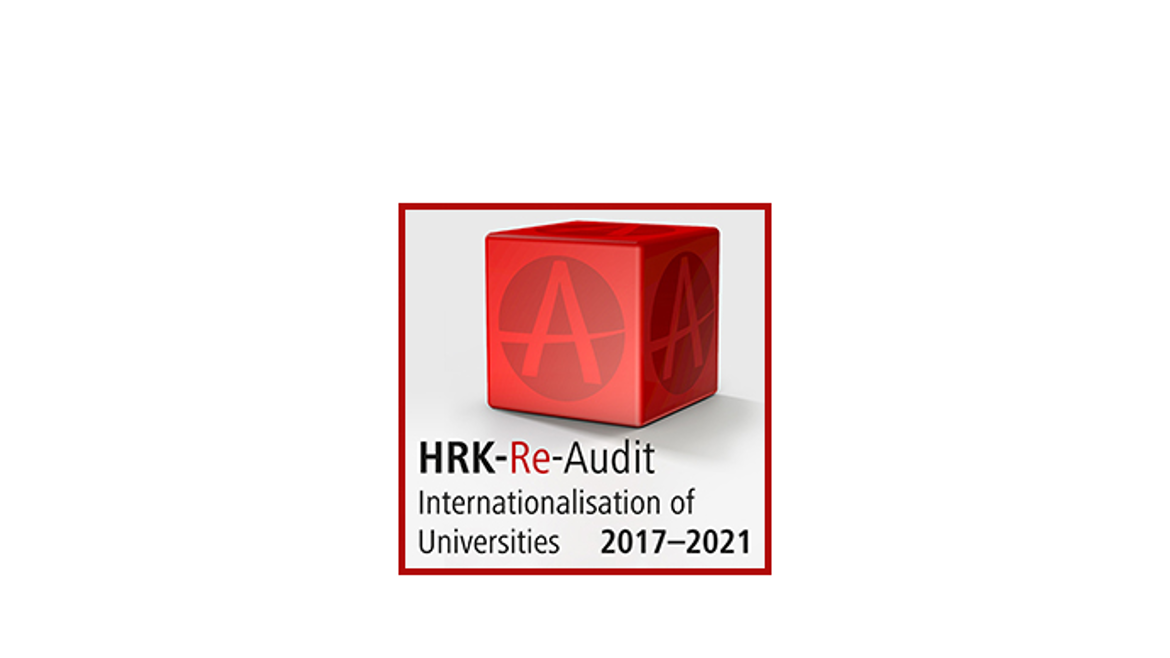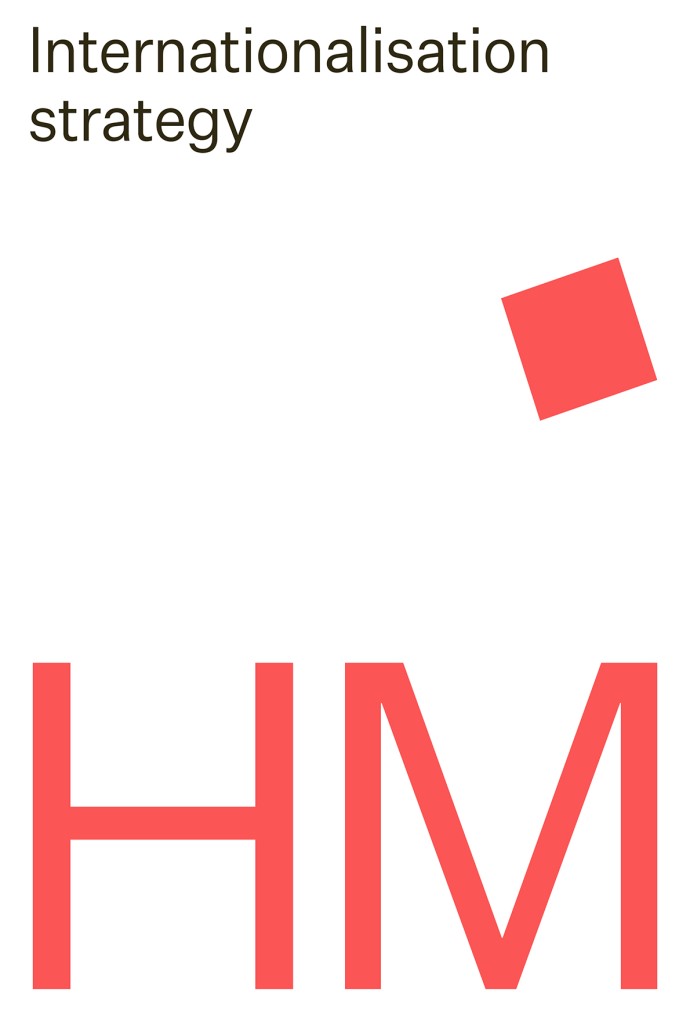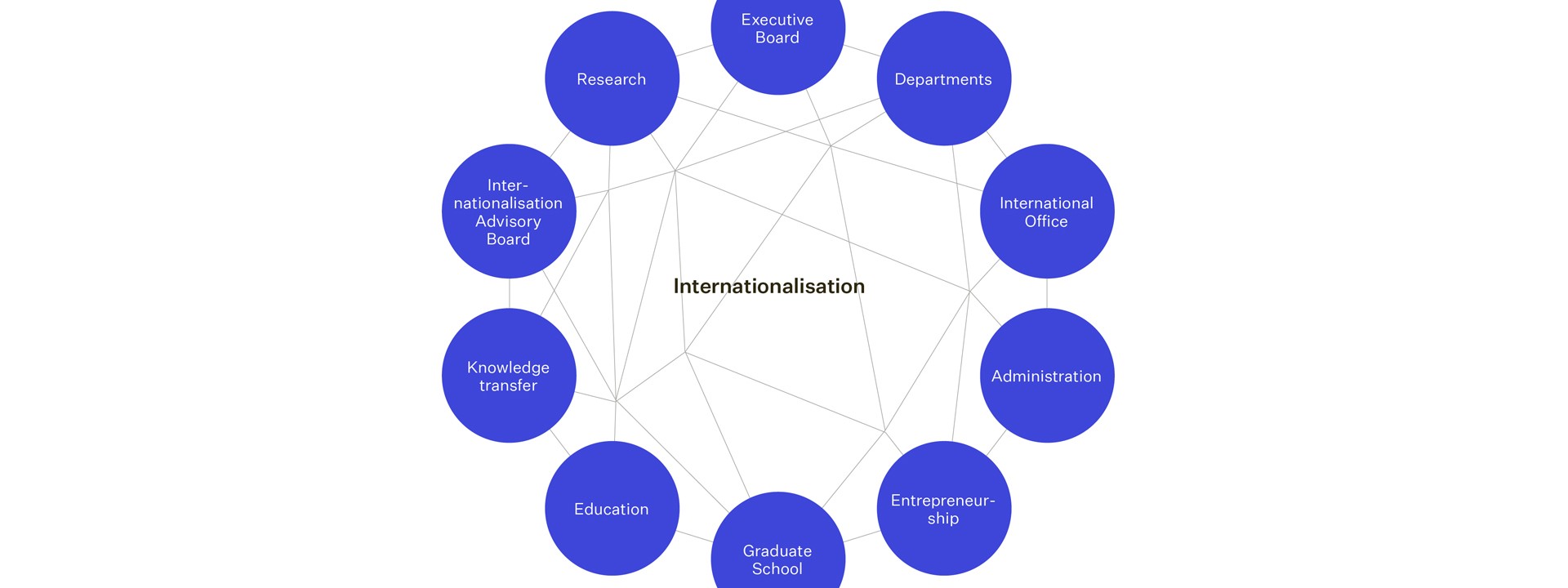Internationalisation Strategy
Our goal is to unlock the potential of internationalisation to drive the continued development of Munich University of Applied Sciences. We aim to play an active role in shaping the European Higher Education and Research Area by strengthening partnerships, expanding networks, and creating new exchange opportunities. By fostering global perspectives in teaching, research, and university life, we empower students to become global citizens. These principles form the foundation of HM’s internationalisation strategy.

In 2023, HM introduced its third internationalisation strategy, developed through a collaborative process involving all university stakeholders. Before this, HM successfully completed the ‘Internationalisation of Universities’ re-audit conducted by the German Rectors' Conference (HRK).

As part of HM's overarching strategy, internationalisation has been integrated into the University Development Plan (Hochschulentwicklungsplan, or HEP), emphasising its vital role in all aspects of university life.
The internationalisation strategy provides each department with a clear framework to strengthen its strategic position and enhance its international profile. Within this framework, departments define their own key focus areas.
The strategy outlines the vision, core strategic goals, and specific measures for advancing internationalisation in Education, Research, Corporate Relations, Knowledge Transfer, Resources and Processes, and Organisation and Management.
Strategic goals
- Recognise students as capable, responsible contributors to a globalised future.
- Enhance university education by integrating international issues into both specialist disciplines and global megatrends.
- Support faculty in developing their international profiles and teaching approaches.
- Foster an internationally inclusive campus through social and digital innovation.
- Systematically internationalise academic programs with a focus on quality assurance.
- Boost participation in EU funding programmes.
- Strengthen networks with international partner universities.
- Position international competency as a key qualification for early-career researchers.
- Initiate and cultivate international research careers.
- Internationalise entrepreneurship activities.
- Create and promote innovative international start-ups
- Enhance knowledge transfer and research collaborations to benefit the broader society.
- Strengthen international practice-based collaborations.
- Leverage and enhance the international experience and intercultural competence of staff members.
- Facilitate international communication at HM
- Promote the international visibility of HM
- Utilise and develop infrastructures and services for digital internationalisation processes and projects
- Ensure equal opportunities in international activities
- Elevate the university’s profile and international standing for long-term success.
- Develop international networks with strategic partner universities.
